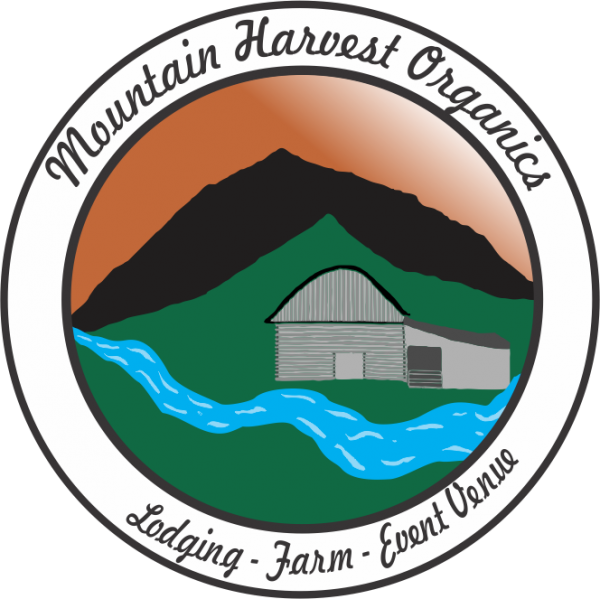Veggies, WP Migration
What it must be like to farm in a rain forest
Journal, I am sorry that I have not written lately, but our computer crashed and I didn’t have the software that I am accustomed with to downsize images for use in this journal. We just purchased a new computer and Carl has loaded most of the software so I am back!
We have only had four rain free days during the past month, and this amount of rain, it is proving very difficult for us to maintain a high level of production on this small organic farm. In these rainy conditions, weeds sprout and grow very rapidly, which can ultimately out-compete our crops for sunlight and soil nutrients. We at MHO don’t use of any synthetic herbicides and pesticides to control weeds and pests that are harmful to the health of our customers as well as the environment. Instead, we rely on more traditional means of weed management. Normally we prefer to use our cultivating tractor to control weeds, and using this tool, we are able to weed our crops in a fraction of the time as most any other means available to us for controlling weeds. When the soil conditions are too wet for our cultivating tractor, we must use a hoe to scrape away the weeds from our plant beds; however, when our fields remain saturated, the soil tends clump around the blade of the hoe and we cannot slice through the weeds. At this point, we are forced to pull weeds out of our beds entirely by hand drastically increasing the labor require for crop maintenance.
Since we do not have enough labor or hours here at MHO to hand-weed all of our field crops, we have been forced to make some difficult decisions about which crops to salvage and which ones will simply be mowed down because of too many weeds. To make matters even worse, the cold, wet soil slows the growth of our crops and is causing broccoli and cabbage to rot in the ground. The rain has drowned so many of our first beet and carrot seedlings. With all of the hard work and love put into each and every seedling, these conditions are very mentally challenging for even the most experienced farmer.
As insurance for our CSA Shares, we are trying to make a decision if we should plant our succession of summer squash in the greenhouse or if it should be planted in the field. If the rain continues for the next month, much like it has for this year so far we would be better off planting this crop in the greenhouse, but if the rain subsides and the sun begins to shine we are better off planting this crop in the field. Planting greenhouse crops in the middle of summer is risky due to the possibility of overheating, but what we have discovered over the years on the farm, is that every seed we plant is a gamble!







